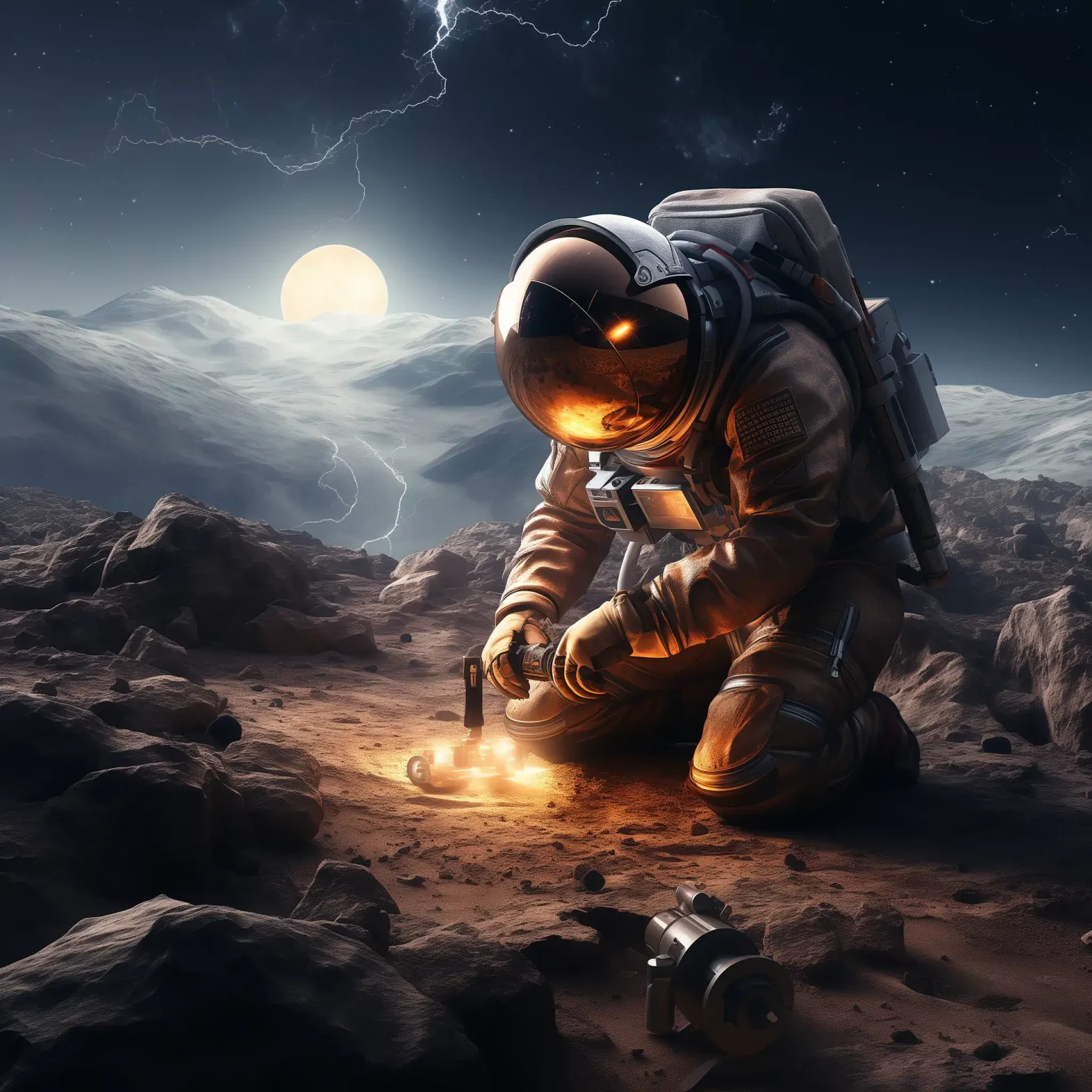Right now (2023) it feels like AI is the big thing. It is, it’s made a qualitative leap forward with generative AI. Both Chat GPT style text, image generation (e.g Midjourney, Stable Diffusion, Dall-e) and Audio, especially speech.
But there’s a phrase I hear a lot. It’s got a bunch of variations but it’s roughly “what it means to be human” or “designing for human nature“. The underlying message is that you are working on something that’s based on innate parts of what it’s like to be a human in our current culture.
An example is David Senra talking in Episode 4 of The Art of Investing, 1hr 8mins into it.
What makes a contented human has been known for thousands of years… Human nature has not changed in thousands of years, it’s not going to change in several thousand years
David Senra
But I think he’s wrong. He reads biographies of people who have been famous enough to have biographies written about them. But he’s not future thinking enough. I agree that you should read history and biographies can help you. But you also need to be reading books like Imaginable by Jane McGonigal and looking at the cutting edge.
When you do it’s easy to see that there’s a looming next big wave. Bio-tech.
We already had Crispr and recently AI helped us solve a massive backlog of protein folding problems.
We’ve also developed mRNA vaccines.
My guess is that we’ll develop a safe enough mechanism for actively changing the DNA in our cells. It’ll be hard, because there’s trillions of cells. Maybe it’s nanobots in the blood, maybe it’s a virus.
Whatever it is, it’s likely to mark the start of a new version of humans.
At the start it’ll likely be that we fix up the bugs. The weird genetic errors. In some cases are are already doing that. Either through genetic sampling of embryos and selecting the best, or there’s some children (mostly in China as far as I know) which have been actively DNA manipulated.
What changes can be made depends on if it’s done before fetal development or if applied to an existing grown human. But we could do things like strengthen the aorta and other parts of the body to withstand greater Gs. Greater shocks and velocity changes.
We might be able to remove the wiring between our vestibular system and gut (although it’s likely just wiring mostly in the brain), so we don’t feel nausea.
We could do really crazy things, like grow a 3rd arm, or maybe even develop into a bird like creature capable of flight or a large bear like animal. Although those require very large changes.
But then there’s the really weird things. Like people who poop through their skin. As Mary Roach explains, Pooping in space is… Not easy to get right. For those people living mostly in Zero G (e.g by an asteroid belt). They might pretty much live their whole life in a space suit, akin to a stillsuit in Dune. They’d likely have replaced their existing stomach with something similar to a printer with various ink tanks, but instead it’s the primary amino acids and other required nutrients. This lets them bypass having to eat entirely, as well as having to worry about puking in space, which is rather dangerous, especially into a space suit helmet and then having to breathe the stomach acid.
So they’d have a very efficient system with very little waste. In that case, instead of pooping normally, because they have a suit on, they could release the equivalent of their fecal matter from their sweat glands.
So such a life would be VERY different to our current one. They don’t eat, they don’t shit. They don’t feel gravity except when accelerating towards another asteroid. Yet they’d still be what I’d consider human, just heavily augmented.
That’s the long way of saying that what it means to be human or human like is likely to start diverging and there will be wildly different variations. People with a tail, so they need a hole in their chair. People who breathe through holes in their chest, or have gills and can swim underwater.
People who have replaced the majority of their body with augmented technology and can run faster than a cheetah, or go over an hour without breathing.
After that, there’s also digitisation of consciousness and living inside a computer system. But it’s fair to say that you aren’t really human then.

